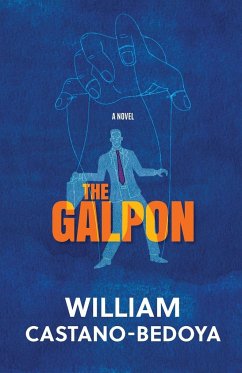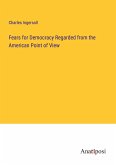When the human condition is what directly induces the success or failure of a human being's endeavor, whoever does not evolve goes backwards... Likewise, although supposedly frivolous freedom is currently what governs the global market, its results are ultimately the consequence of man's influence. This is the essence of the corporate world, as William Castan¿o-Bedoya puts it, in a novel with characters more loyal to profit and fundamentalism than their colleagues and employees. HanssenBox allows itself to wander, led by what its leaders see as destiny, at a time when technology and the online commercial market become industry titans. Ethan, the company's life manager, and Oliver, an outside consultant, star in that microcosm in a corner of the southeastern United States. The two work under the command of a businessman with a shady disposition who plunges them into episodes of mutual distrust, egocentrism, and insecurity. The lives of the characters are systematically affected by the weight of extremist ideologies and the omnipresence of an underhanded double standard . HanssenBox floats along the passage of circumstances imposed by fate in an era in which e-commerce undertakes a crushing advance without return.








